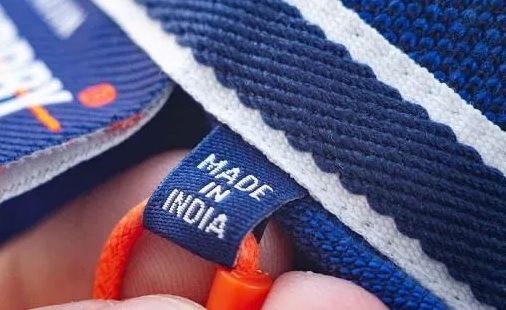Garment factory workers in Bangladesh filed a record number of complaints about safety last year. This shows that Accord, a mechanism set up by European fashion brands to improve working conditions, was effective. The Bangladesh Accord was signed by some 200 global brands and unions in 2013 after the Rana Plaza disaster, when about 1,100 people were killed after a garment factory complex collapsed - sparking outrage over poor working conditions. The legally-binding accord, which covers almost 1,700 factories, has signatory clothing brands and retailers from about 20 countries, such as Britain’s supermarket group Tesco, Swedish fashion group H&M and German sportswear giant Adidas. Accord bans non-compliant factories supplying its signatory buyers.
Accord has received 1,152 complaints since starting work in 2014, many relating to fire and structural hazards. It made more than 100 factories ineligible to supply its signatory firms. Compared to other complaint mechanisms, owners take complaints filed in Accord a bit more seriously. They know that buyers are also a stakeholder in Accord and if they don’t address the problem properly their business may be affected.
Bangladesh, which ranks behind only China as a supplier of clothes to western countries, relies on the garment industry for more than 80 per cent of its exports, and about four million jobs.
Bangladesh: Accord seen as an effective mechanism
- 1
- 2
- 3
- 4
- 5
- 6
- 7
- 8
- 9
- 10
Industry 5.0: Weaving a New Future for Textiles
The global textile industry, is on the cusp of a transformation driven by Industry 5.0. This new era of industrialization... Read more
Deciphering India's state-wise textile & apparel investment policies
India's textile industry is one of the main contributors to nation's economy. Recognizing its potential, various states are vying to... Read more
Price gap widens between domestic and international markets for PSF and VSF in N…
The Indian textile industry continues to grapple with differences between domestic and international prices for Polyester Staple Fibre (PSF) and... Read more
TAI hosts Global Conference on Automation & Robotics in Textiles
The Textile Association (India), Mumbai Unit, hosted an International Conference on Automation and Robotics in the Textile & Apparel Industry... Read more
Bangladesh's apparel industry at crossroads, is it short-term disruption or long…
Recent political instability and labor unrest in Bangladesh have cast a shadow over its apparel industry, the second-largest in the... Read more
WGSN Unveils 2025 Fashion Trends: A fusion of nostalgia and futurism
WGSN, a leading authority in trend forecasting, alongside Coloro, has unveiled its highly anticipated fashion predictions for 2025. These insights,... Read more
Barrel Jeans: The unexpected denim trend making waves
Move over skinny jeans, there's a new silhouette in town. Barrel jeans, with their distinctive wide-leg and cinched ankle, are... Read more
Industry 5.0, weaving a new future for Indian textiles
The Indian textile industry is ready for a change with the advent of Industry 5.0. A new report, ‘Decoding the... Read more
China's textile and apparel exports in Q3 2024 show mixed results
China's textile and apparel exports in the first three quarters of 2024, was mixed, with growth slowing down in the... Read more
Tariffs and Implications: Is a trade war looming with the US targeting key trade…
The textile and apparel industry in the US is deeply embedded in the global supply chain, heavily reliant on imports... Read more












